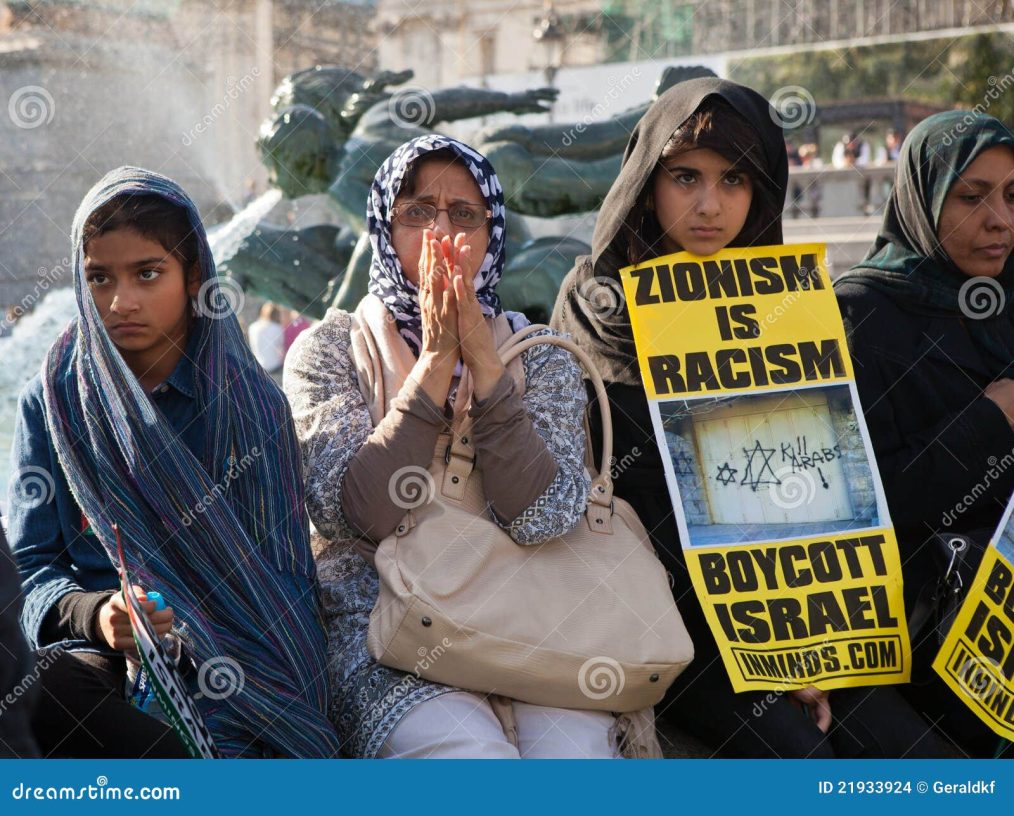
A Ceasefire and Hostage Deal Agreed: Why Australia Should Not Accept Refugees from Gaza
The Straits Times
A significant ceasefire and hostage deal has been agreed upon between Israel and Hamas, bringing a temporary halt to the brutal conflict that has plagued the region for 15 months. The three-phase deal, confirmed by U.S. President Joe Biden, aims to secure peace, facilitate humanitarian aid, and reconstruct Gaza. While the humanitarian crisis in Gaza is dire, the Australian government must tread cautiously and refrain from accepting refugees from Gaza for several critical reasons.
The Three-Phase Deal: A Path to Stability or a Temporary Reprieve?
The deal consists of three phases. The first phase includes a complete ceasefire, the withdrawal of Israeli forces from Gaza’s populated areas, and the release of hostages held by Hamas, prioritising women, the elderly, and the wounded. In exchange, Israel will release hundreds of Palestinian prisoners and allow increased humanitarian aid into Gaza.
The second phase, set to begin in six weeks, aims to achieve a permanent end to the war. During this time, the ceasefire will remain in effect as long as negotiations continue. The third phase involves returning the remains of hostages killed in the conflict and initiating a major reconstruction plan for Gaza.
Despite this apparent progress, the situation remains volatile, with unresolved issues still under negotiation. The ceasefire is fragile, and the likelihood of renewed conflict looms large.
The Risks of Accepting Refugees from Gaza
Australia has a proud history of providing refuge to those fleeing conflict. However, taking in refugees from Gaza poses unique risks that must be carefully considered.
- Security Concerns
The Gaza Strip has been under the control of Hamas, a designated terrorist organisation by Australia, the U.S., and the European Union. Accepting refugees from a region governed by a terrorist group raises significant national security concerns. It is challenging to thoroughly vet individuals fleeing from such areas to ensure they pose no threat to Australia’s safety.
While the majority of civilians in Gaza are innocent victims of the conflict, the risk of inadvertently admitting individuals with extremist ties cannot be ignored. Australia must prioritise the safety and security of its citizens.
- Social Integration Challenges
Refugees from Gaza would face substantial social integration challenges in Australia. Many would arrive with traumatic experiences from prolonged exposure to violence, displacement, and loss. These individuals would require extensive support services, including mental health care, housing, and employment assistance.
Moreover, the cultural and political dynamics of the Middle East are complex and may not easily align with Australian values and societal norms. There is a risk of social tension if integration efforts are not carefully managed.
- Encouraging Regional Solutions
Australia’s focus should be on supporting regional solutions to the Gaza crisis. Neighbouring countries, particularly Egypt and Jordan, are better positioned to provide immediate refuge and support for those fleeing Gaza. These countries share cultural, linguistic, and historical ties with the Palestinian population, making integration more feasible.
By providing financial and logistical support to regional partners, Australia can contribute to a more sustainable and effective solution without taking on the risks associated with accepting refugees from Gaza.
- Setting a Precedent
Accepting refugees from Gaza could set a precedent that encourages further mass migrations from conflict zones. While compassion is essential, Australia must balance its humanitarian commitments with practical considerations about its capacity to absorb and support new arrivals.
A Balanced Approach: Humanitarian Aid Without Resettlement
Australia can still play a vital role in alleviating the suffering of Gaza’s civilian population without accepting refugees. This can be achieved through:
- Increased Humanitarian Aid: Providing financial assistance to international organizations working on the ground in Gaza to deliver food, medical supplies, and shelter.
- Diplomatic Efforts: Supporting diplomatic initiatives aimed at achieving lasting peace in the region.
Conclusion
The ceasefire and hostage deal between Israel and Hamas is a welcome development, but the situation in Gaza remains precarious. While the plight of Gaza’s civilians is deeply concerning, the Australian government must carefully weigh the risks and challenges associated with accepting refugees from this conflict zone.
Australia’s primary responsibility is to ensure the safety and security of its citizens. By focusing on providing humanitarian aid and supporting regional solutions, Australia can uphold its humanitarian values without compromising national security.





Refugees from Gaza would face substantial social integration challenges in Australia. Many would arrive with traumatic experiences from prolonged exposure to violence, displacement, and loss. These individuals would require extensive support services, including mental health care, housing, and employment assistance.
Moreover, the cultural and political dynamics of the Middle East are complex and may not easily align with Australian values and societal norms. There is a risk of social tension if integration efforts are not carefully managed.
Well, now. How prescient of the writer. Has our government caught up with this notion yet?
I agree.
I agree also, however a problem arises in that no Arab countries will take on Palestinians for any reason, they have caused too much strife in other Arab countries previously, like Egypt, Jordon etc so they are stuck in Gaza. They voted for Hamas so let them get help from Hamas.